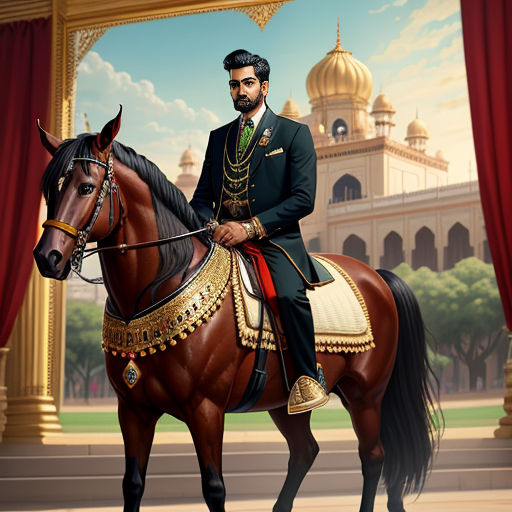
The Rise of Haidar Ali
By Team

04 Sep, 2023
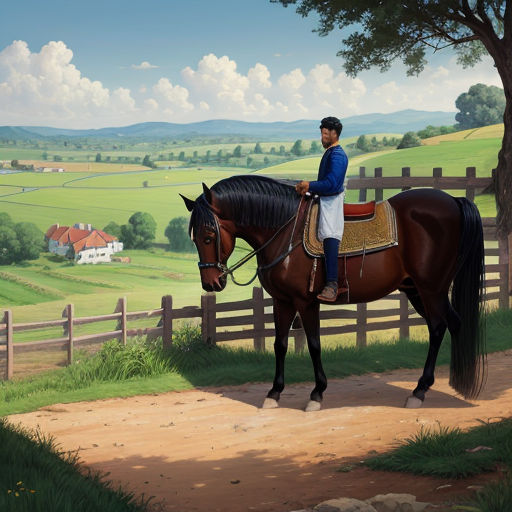
Haidar Ali, a humble horseman in the vast Mysore kingdom, had humble beginnings. His early experiences, battling adversity and the harsh realities of life, laid the foundation for his indomitable spirit.

Mysore was a state that was ravaged by conflict and power struggles. The Marathas from the north and the Nizami forces from the south posed significant challenges, constantly threatening the peace and stability of the state.

Despite the volatile situation, Haidar Ali saw an opportunity to rise above his station. His exceptional martial skills caught the attention of his superiors, and his rise in the ranks was swift.
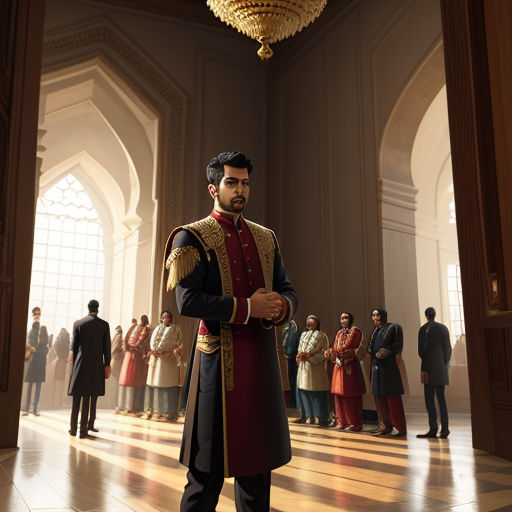
But his ambitions didn't stop at earning laurels in the military. He was aiming for the throne, a prospect that would have seemed ludicrous to his peers, but not to Haidar Ali.

In time, Haidar Ali's astute strategies and undying perseverance led to his appointment as the de facto ruler of Mysore. Despite the odds stacked against him, Haidar Ali rose to power.
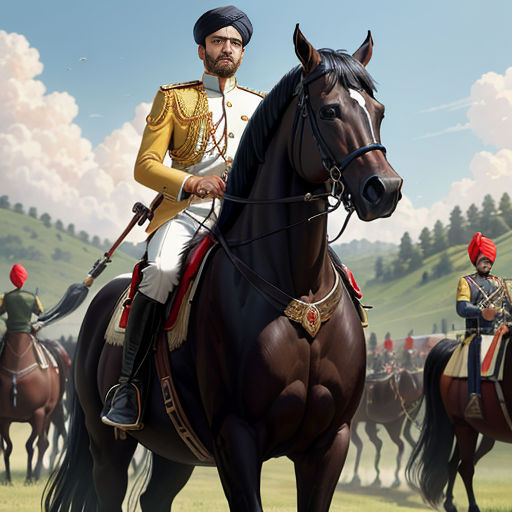
With newfound authority and resources at his disposal, Haidar Ali began to strengthen the Mysore military. He started by overhauling the conventional cavalry methods being used in Mysore.

The Marathas were formidable opponents, but Haidar Ali took them head-on. His new-found cavalry tactics were swift and ruthless, catching the Marathas off guard.

Against the Nizami army, Haidar Ali deployed artillery. He understood that the key to defeating this enemy lied in a well-equipped army that could hold the line and strike strategically.

Haidar Ali knew that they needed more advanced weaponry to turn the tide. Hoping to bridge this gap, he sought assistance from the French, a decision that played a crucial role in shaping the military prowess of Mysore.

The French provided Haidar Ali with Western weaponry which greatly enhanced Mysore's combat efficiency. The power balance began to shift, and Mysore started to establish itself as a formidable force.
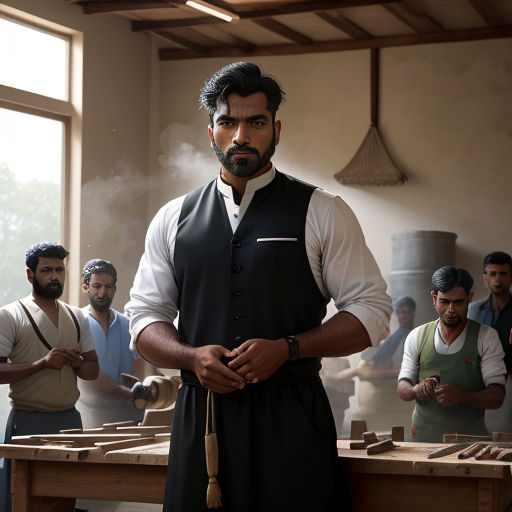
More than just weapons, Haidar Ali sought knowledge from the French. He established an arms factory in Dindigul, where the experts trained local craftsmen in the art of weapon making.

The factory was a turning point in Mysore's military history. It wasn't solely dependent on foreign supplies anymore. The kingdom was becoming self-sufficient in arming its forces.
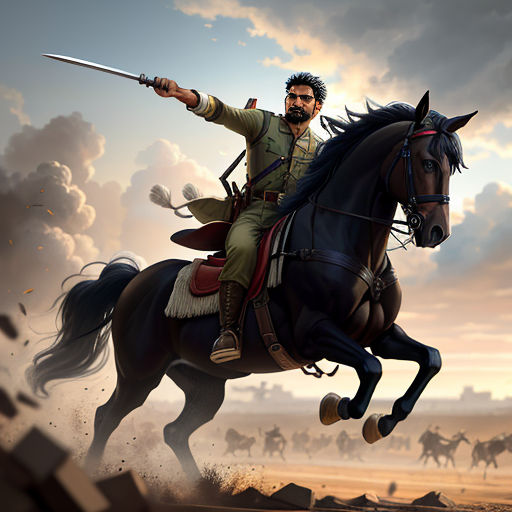
Haidar Ali's reign also saw significant engagements with the English. The Anglo-Mysore wars were a defining part of his rule, which shaped the future of the state.
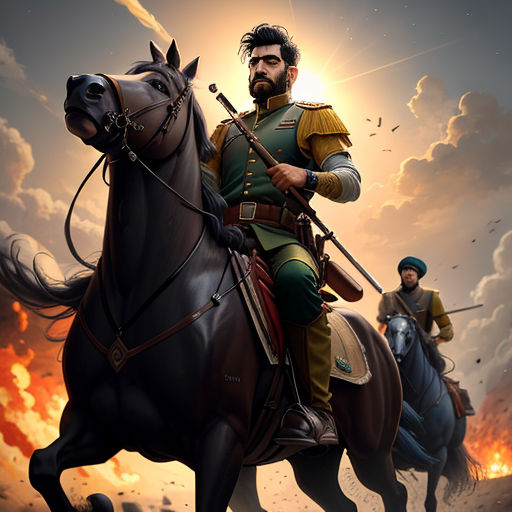
Haidar Ali's tactful management of the wars was commendable. He knew when to strike, when to hold back, and how to use diplomacy to his advantage. His strategies were a mix of military might and political shrewdness.
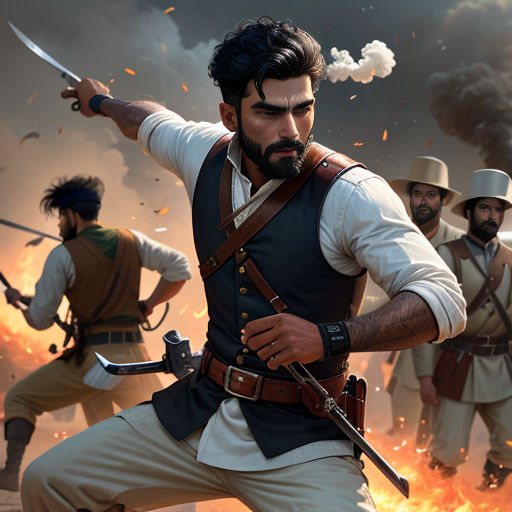
His engagements with the English were challenging, pushing him to the limits of his capabilities. The trials and tribulations, however, only made him stronger and more resolute.
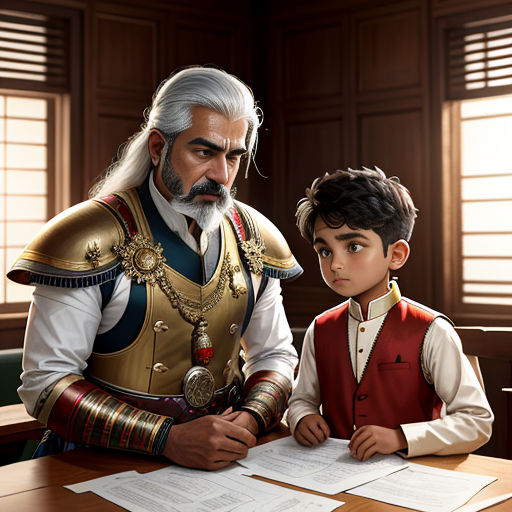
Haidar Ali was shaping the history of Mysore, but at the same time, he was also shaping his son, Tipu Sultan. Known as the 'Tiger of Mysore,' Tipu Sultan was a chip off the old block.

Under Haidar Ali's rigorous guidance, Tipu Sultan matured into a capable leader and a fearless warrior, ready to follow in his father's footsteps.
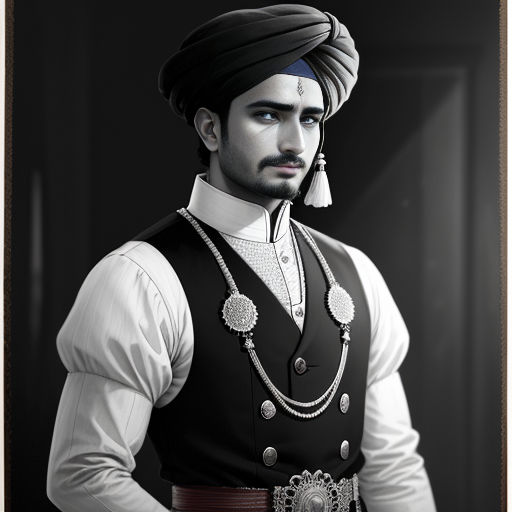
But before Tipu could learn everything from him, Haidar Ali met his end. It was an immense blow to Mysore, but the state had a worthy successor in Tipu Sultan.

Despite his father's death, Tipu rose to the occasion. He held the reins of Mysore and took on the responsibility to protect and uplift the kingdom, just like his father.
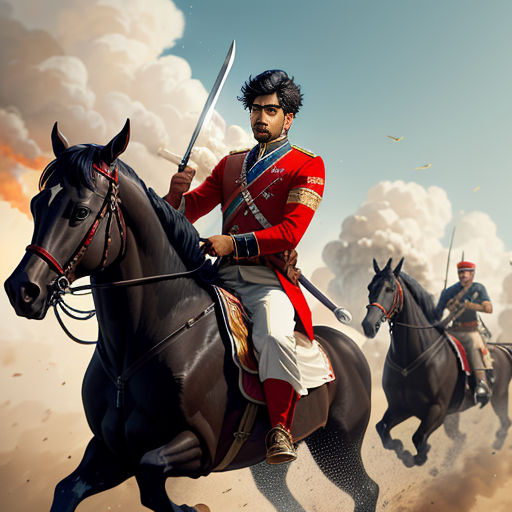
Just like Haidar Ali, Tipu Sultan also found himself at odds with the English. The engagements continued and escalated, culminating in the Fourth Anglo-Mysore War.
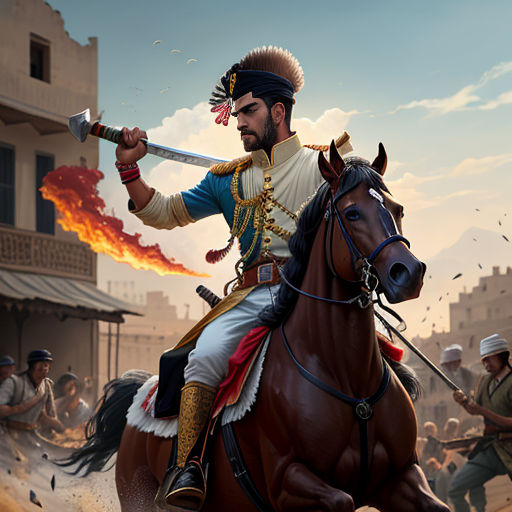
Tipu fought valiantly just like his father. His courage, determination, and tactical acumen echoed Haidar Ali's legacy, even in the most dire of circumstances.
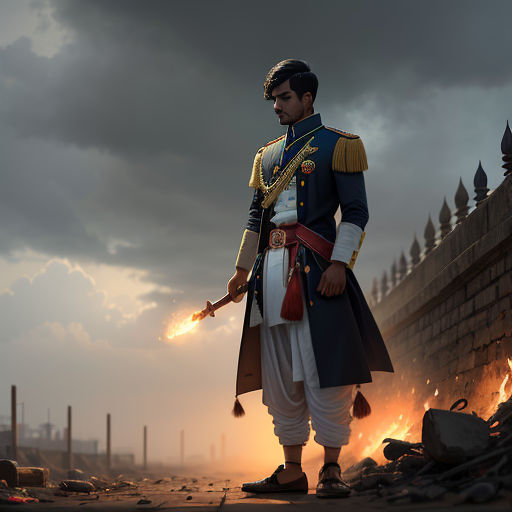
But the tides of war are fickle. Despite his best efforts, Tipu Sultan fell in the Fourth Anglo-Mysore War. It was a tragic end to the era of Haidar Ali and Tipu Sultan, but their stories lived on.

Haidar Ali and his son Tipu Sultan left a lasting impact on Mysore and its history. Their reign was marked by significant advancements in military technology and resilience in the face of adversaries.

Their determination and strength of character resonated with the people of Mysore, and even today, they are remembered for their contributions and the legacy they left behind.

From a simple horseman to de facto ruler, Haidar Ali's story is one of courage, determination, and strategic brilliance. His footprints are forever etched in the sands of Mysore's history.
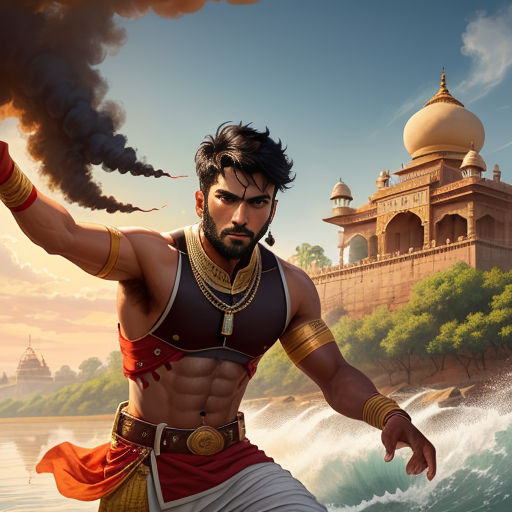
Long after their time, Haidar Ali's and Tipu Sultan's tales continue to inspire the future generations. They stand as reminders that with determination and strategy, any challenge can be conquered.

Haidar Ali was more than just a ruler; he was a visionary who saw potential where others saw despair. His story is a testament to the enduring human spirit that refuses to bow down, even in the face of adversity.
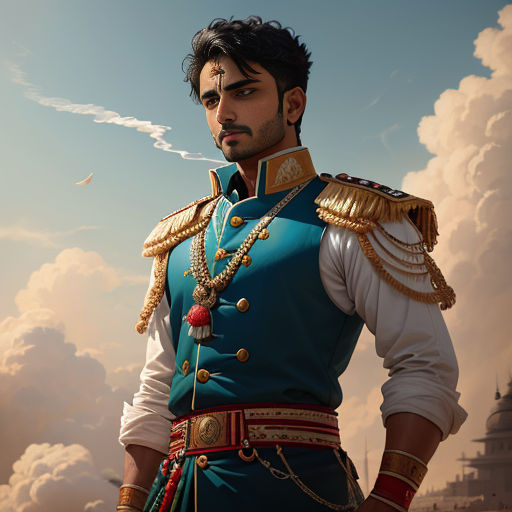
Similarly, Tipu Sultan was more than just Haidar Ali's son. He was a leader in his own right, who held firm to his father's ideals and courageously upheld the honor of Mysore.

Haidar Ali's journey from a humble horseman to the ruler of Mysore was not just a personal victory, but a beacon of hope for every person who aspires to rise above their circumstances and succeed against all odds.
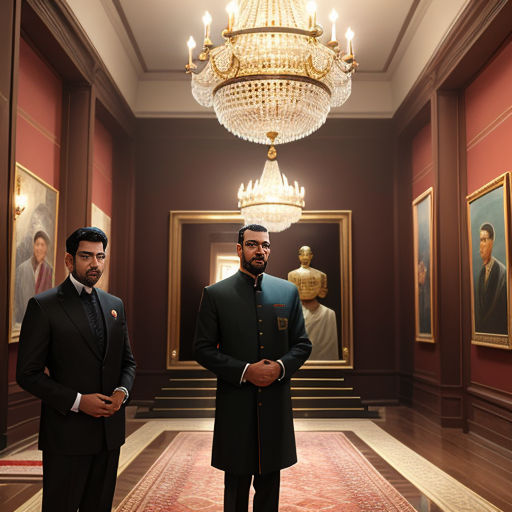
Haidar Ali's legacy was not only carried forward by his son, Tipu Sultan, but it continues to resonate in the hearts of the people of Mysore even today. In the annals of Mysore's history, the name of Haidar Ali shines bright, eternally.
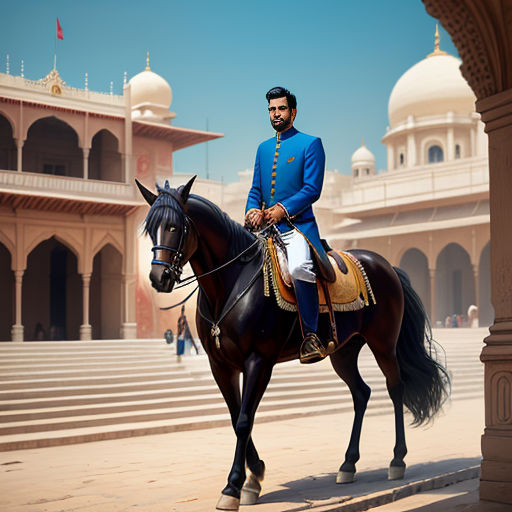
Haidar Ali's story proves that one's beginning does not define their end. His extraordinary journey from a horseman to a ruler continues to inspire and motivate, even centuries later.

Throughout their lives, Haidar Ali and Tipu Sultan faced numerous challenges and adversities. But they never backed down, and their stories are a testament to their indomitable will and the spirit of resistance.

From the dusty plains of Mysore to the pages of history, Haidar Ali and Tipu Sultan left an indelible mark. Their stories are not just tales of kings and wars but symbols of perseverance and triumph.
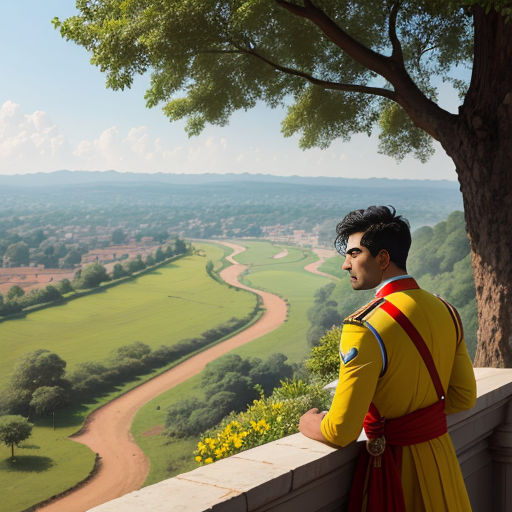
Haidar Ali's rise from a humble background to the throne of Mysore, his brilliant military tactics, and his relentless spirit continue to motivate many. His legacy, carried forward by his son, Tipu Sultan, stands tall in the history of Mysore.
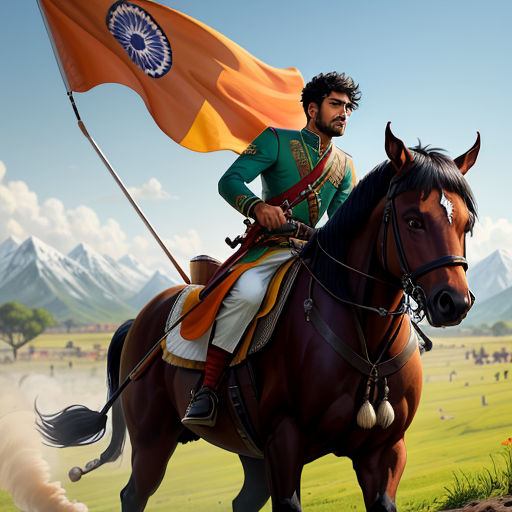
The story of Haidar Ali, the mere horseman who rose to be a ruler, and his son, Tipu Sultan, who valiantly upheld his father's legacy, serves as an enduring beacon of resilience, courage, and tactical brilliance, still resonating with countless generations to come.